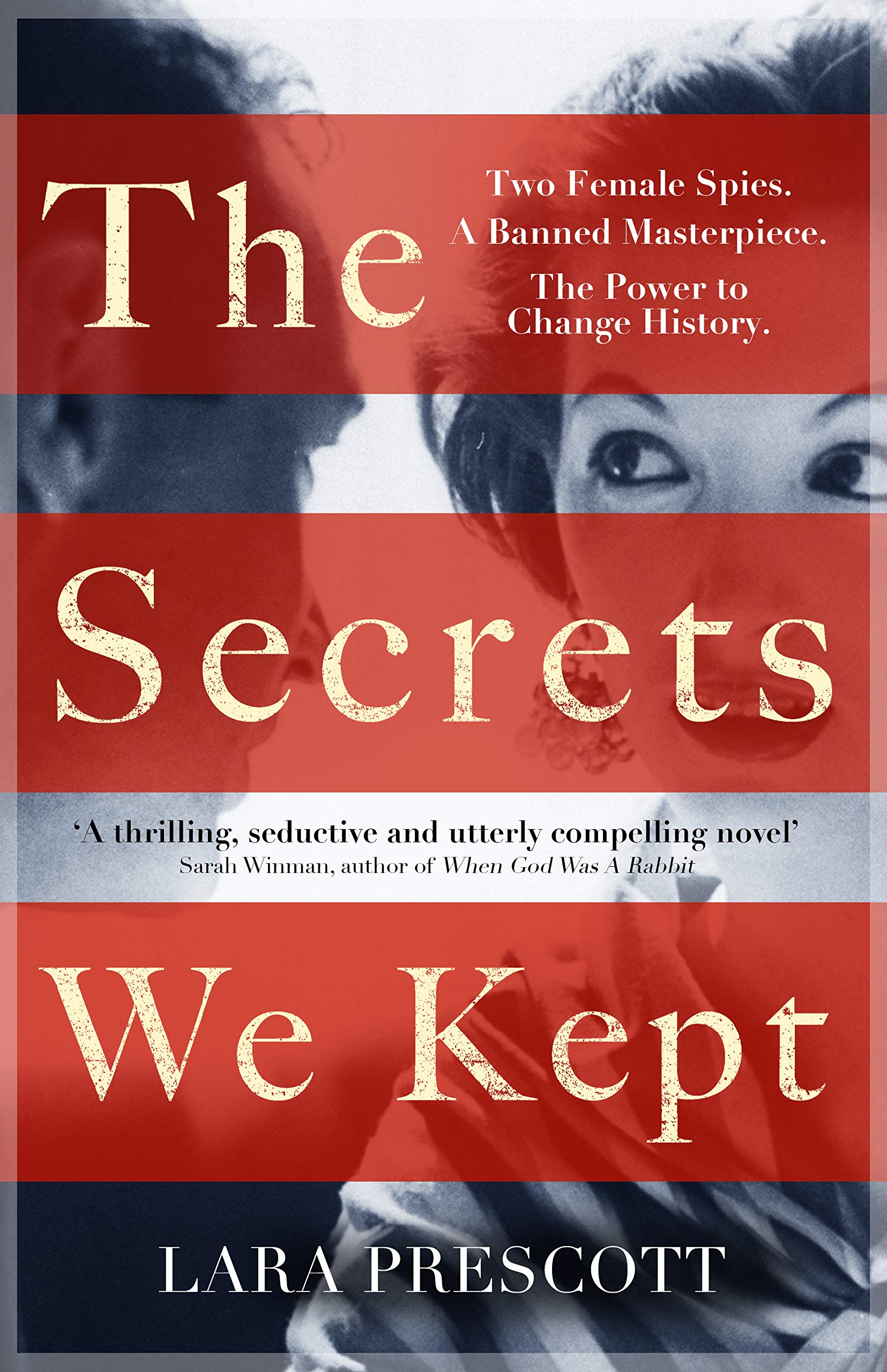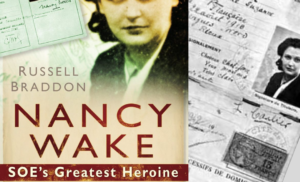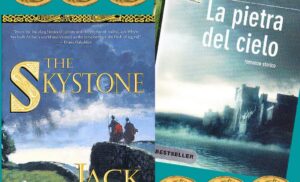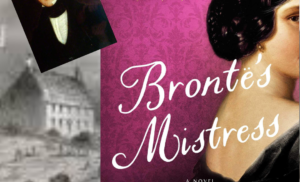
The Secrets We Kept (or how books can change the world)
The Secrets we Kept by Lara Prescott is a beautiful historical novel about the power of literature. Set during the Cold War, the book explores the conflict between US and Russia from different point of views. There are the typists in the US, some of whom become spies; there are Olga Vsevolodovna Ivinskaya and Boris Pasternak in Russia; there is Giangiacomo Feltrinelli in Italy, the first publisher to make Doctor Zhivago available to the world… At the core of The Secrets We Kept is a book: Doctor Zhivago, a novel exploring the disillusionment with revolutionary ideology and it’s therefore used as a weapon by the Americans, while the Italian publisher feels it’d be a crime not to make such a masterpiece available to people. In the East, Pasternak and his lover Olga pay the price of truth by being threatened by the government and even ending up in the Gulag, as it happens to Olga.
The Cold War period was a delicate one not only because of the conflict but also because women were “forced” to take a step back and return to a subordinate role of wives or assistants, after having tasted the flavour of independence in WWII, where they played a central role in helping their country win the war. In the ‘60s though, what they had done in the past didn’t matter anymore and they were mainly considered accessories, but they had changed and discovered they had dreams, they had proof that they were smart and able to do anything. There was no turning back.
They would call us girls, but we were not. We came to the Agency by way of Radcliffe, Vassar, Smith. We were the first daughters of our families to earn degrees. Some of us spoke Mandarin. Some could fly planes. Some of us could handle a Colt 1873 better than John Wayne. But all we were asked when interviewed was “Can you type?”
We read about these women’s stories, especially those of Sally and Irina who become spies for the US intelligence agency, and we get to know Olga, who Pasternak loved all his life (despite never leaving his wife). We are with her when Olga is accused of being “an accomplice to the spy” and sentenced to five years in the Gulag, and when she’s freed in advance three years later after Stalin’s death. The chapters where Olga recounts her days in the Gulag are extremely touching and show her strength and loyalty to the man she loved and admired as a writer. After her release, she becomes Pasternak’s literary agent. When they both realize how dangerous the publication of Zhivago would be for them and their families, it’s too late: Italian Publisher Giangiacomo Feltrinelli prints the book in Italy and begins selling the foreign rights too. The Americans start smuggling the book to embarrass the enemy, and Pasternak is awarded the Nobel Prize for Literature, enraging the Communist Party even more, and eventually he’s forced to renounce and to publicly apologise to his country. These historical facts prove the power of literature and Lara Prescott explains it beautifully when she describes Giangiacomo Feltrinelli,
Feltrinelli’s nickname was the Jaguar, and indeed, he moved with the confidence and elegance of a jungle cat. (...) There are two types of ambitious men: those bred to be ambitious—told from a very young age that the world is theirs for the taking—and those who create their own legacy. Feltrinelli was cut from both cloths. Whereas most men born into great wealth carry the burden of preserving their inherited legacy, Feltrinelli hadn’t started a publishing company just as another notch in his empire, but because he truly believed literature could change the world.
We are also reminded of how books shape a society when we read from the perspective of Teddy, a spy who’s really an intellectual and aspiring writer,
The Agency wanted to stack its ranks with intellectuals—those who believed in the long game of changing people’s ideology over time. And they believed books could do it. I believed books could do it.
The Secrets We Kept is a well written, charming and accurate historical novel, and I believe it is evidence of the essential role that literature had, still has and will always have in changing the world.




